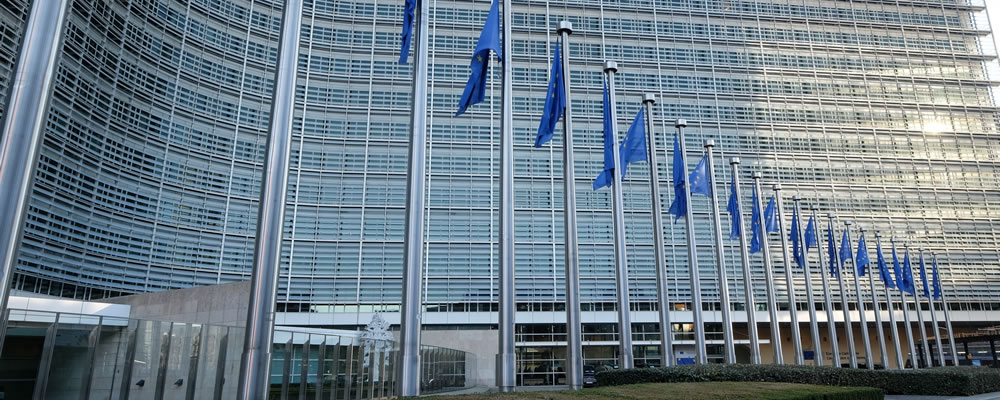GBP/EUR Exchange Rate Static after Unexpected UK Inflation Rate Rise
Pound Sterling (GBP) has traded in a narrow range against the Euro (EUR) today, following the news that UK inflation rates have risen to 2.7%.
The year-on-year reading has jumped from 2.5% to 2.7%, beating forecasts for a slowdown to 2.4%.
While this news improves the chances of a 2019 Bank of England (BoE) interest rate hike, it hasn’t been welcomed by UK households.
With average wage growth including bonuses coming in at 2.6%, this means that households are now facing an active squeeze on their real incomes.
This might lead to reduced consumer spending in the future, potentially causing a reduction in retail sales activity and overall GDP growth.
Signs of EU Compromise on Brexit Support GBP/EUR Exchange Rate
Another positive factor keeping the Pound (GBP) level against the Euro (EUR) today has been a statement from EU Chief Negotiator Michel Barnier.
Speaking ahead of Thursday’s EU summit on Brexit, Mr Barnier appeared to offer a compromise on the EU’s Irish border offer:
‘We are ready to improve this proposal. Work in the EU is ongoing.
‘We are clarifying which goods arriving in Northern Ireland from the rest of the UK would need to be checked, where, when and by whom these checks would be performed.’
Mr Barnier’s remarks specifically refer to the EU’s ‘Brexit backstop’, an emergency measure that would be activated if the UK left the EU without any kind of deal.
The backstop is designed to ensure continued free trade between Ireland and Northern Ireland, but some believe it would separate the latter country from the UK.
Euro to Pound Exchange Rate Steady on Construction Sector Resilience
On the other side of the currency pairing, the Euro (EUR) has remained close to the Pound (GBP) today following the release of Eurozone construction output data.
Covering year-on-year productivity levels in July, a slight slowdown from 3.1% to 2.9% has been seen.
This dip has beaten forecasts for a slowdown to 1.7%, so the Euro has not been adversely affected by this data release.
Pound Sterling to Euro Forecast: Will UK Retail Sales Slowdown Damage GBP/EUR Exchange Rate?
Looking ahead, the next economic data that could affect the Pound to Euro exchange rate (GBP/EUR) will be Thursday’s UK retail sales stats.
Covering retail sector performance in August, these readings are predicted to show a reduction in sales activity across the board.
Lower retail sales risk causing a GBP/EUR exchange rate decline, as eventually a drop in sales could reduce GDP growth or cause job losses in physical retailers.
Despite this potentially negative data, the Euro might not rally against the Pound if Thursday afternoon’s Eurozone consumer confidence reading prints poorly.
The flash estimate for September is expected to show a worsening of an already-negative consumer sentiment reading, with a shift from -1.9 points to -2.
As with falling UK retail sales activity, falling consumer confidence in the Eurozone could mean reduced spending and lower overall economic activity.
The above-mentioned EU summit will also be taking place on Thursday and could provide late-week relief to the GBP/EUR exchange rate.
Ideally, EU leaders will agree on plans that accelerate the Brexit process; such agreements could break the deadlock that has led to months of stalled talks.



